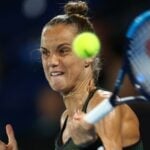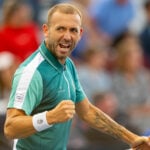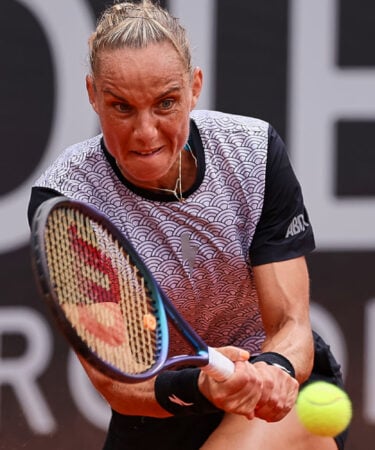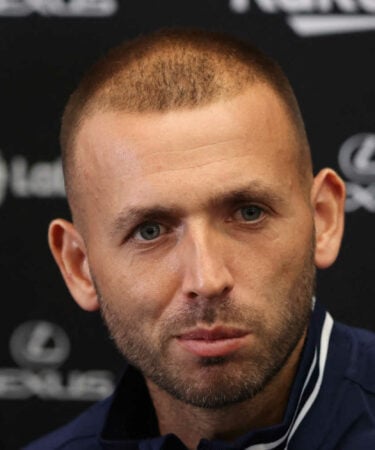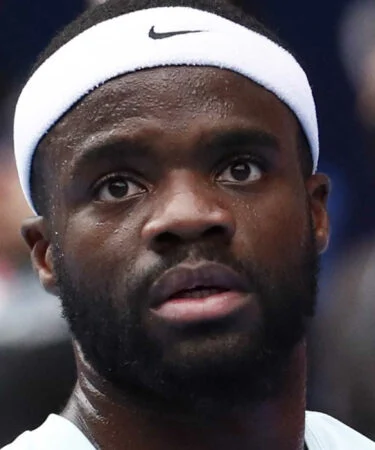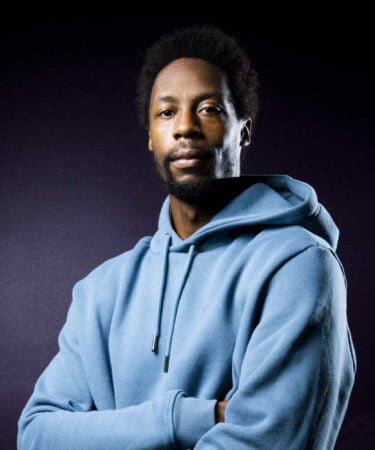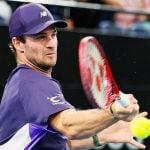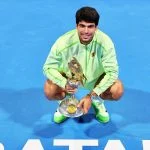From hope to reality: most players at Grand Slams know they have little or no chance to win the title
Most players dream of winning a Grand Slam title. But most of them also know they are never going to be able to achieve that. Still, they love trying.
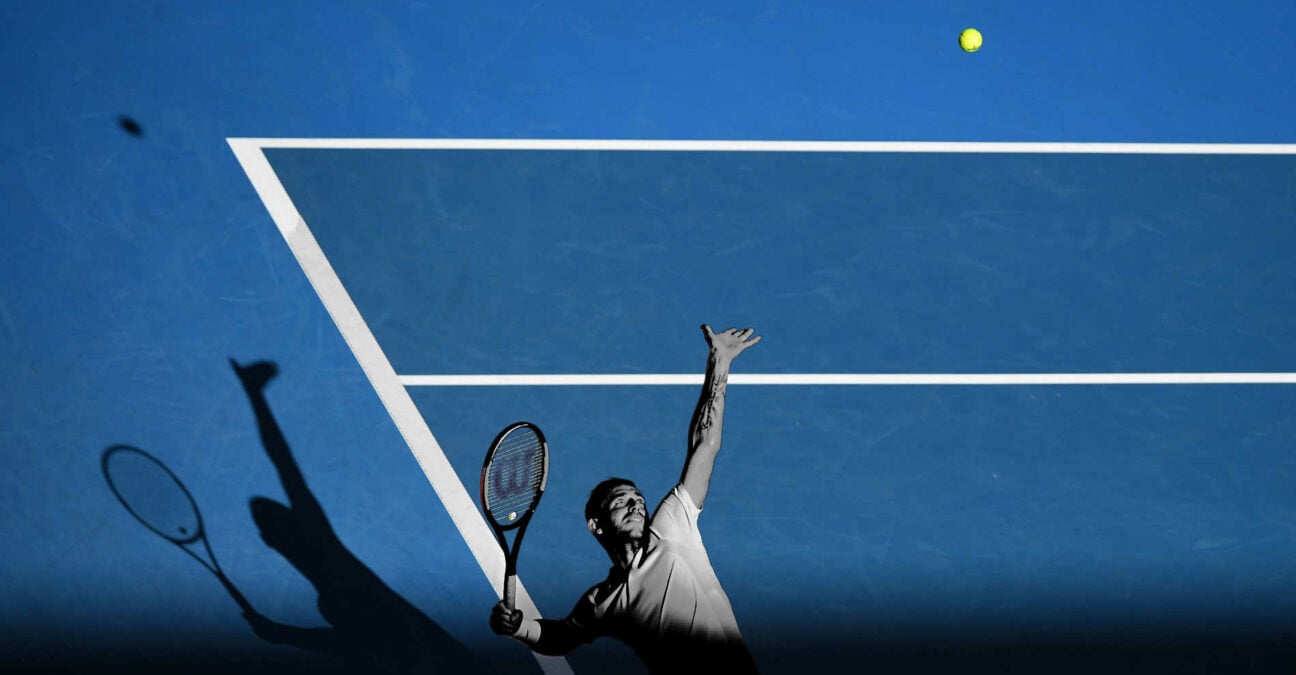 Dan Evans in Melbourne | © Panoramic
Dan Evans in Melbourne | © Panoramic
The beginning of every Grand Slam event is a time of great hope. All 128 men and women go into the tournament hoping that this could be their time, their shot at winning the biggest titles in tennis.
Or at least, some of them do.
For the majority of the field, though, simply being in a Grand Slam main draw is an achievement. It offers the chance of good ranking points, more prize money and by extension, an opportunity to get themselves set for the coming months.
The idea of actually winning a Grand Slam, though, is far from their minds.
Evans honest about his Grand Slam hopes
Most players begin their senior careers dreaming big. Take a look at the junior guide produced by the ITF and the sport’s leading juniors almost always list: “winning a Grand Slam title” as one of their main goals.
Ranked 28, Dan Evans has earned more than $7.5 million in his career and won two titles, including an ATP 500 in Washington this summer. He has made the third round of a slam on nine occasions and the fourth round of a slam twice. He knows he is good, but he also is realistic.
“I’m not stupid, it would be very surprising if I ever get near winning a Grand Slam,” the Briton said at the US Open. “But I’m still not not going to play the Grand Slams because of that.
At 33 years old, Evans is a fine player. As the years go by, realism kicks in but he remains positive. “I’m capable of having a very good run in some of them,” he said. “And first and foremost, I enjoy coming to these grand slams. They’re amazing tournaments. And it’s why you play.
“It’s your chance to do some good things, winning matches. This is where the best prizes are, the best points, most eyes are on you in these tournaments.”
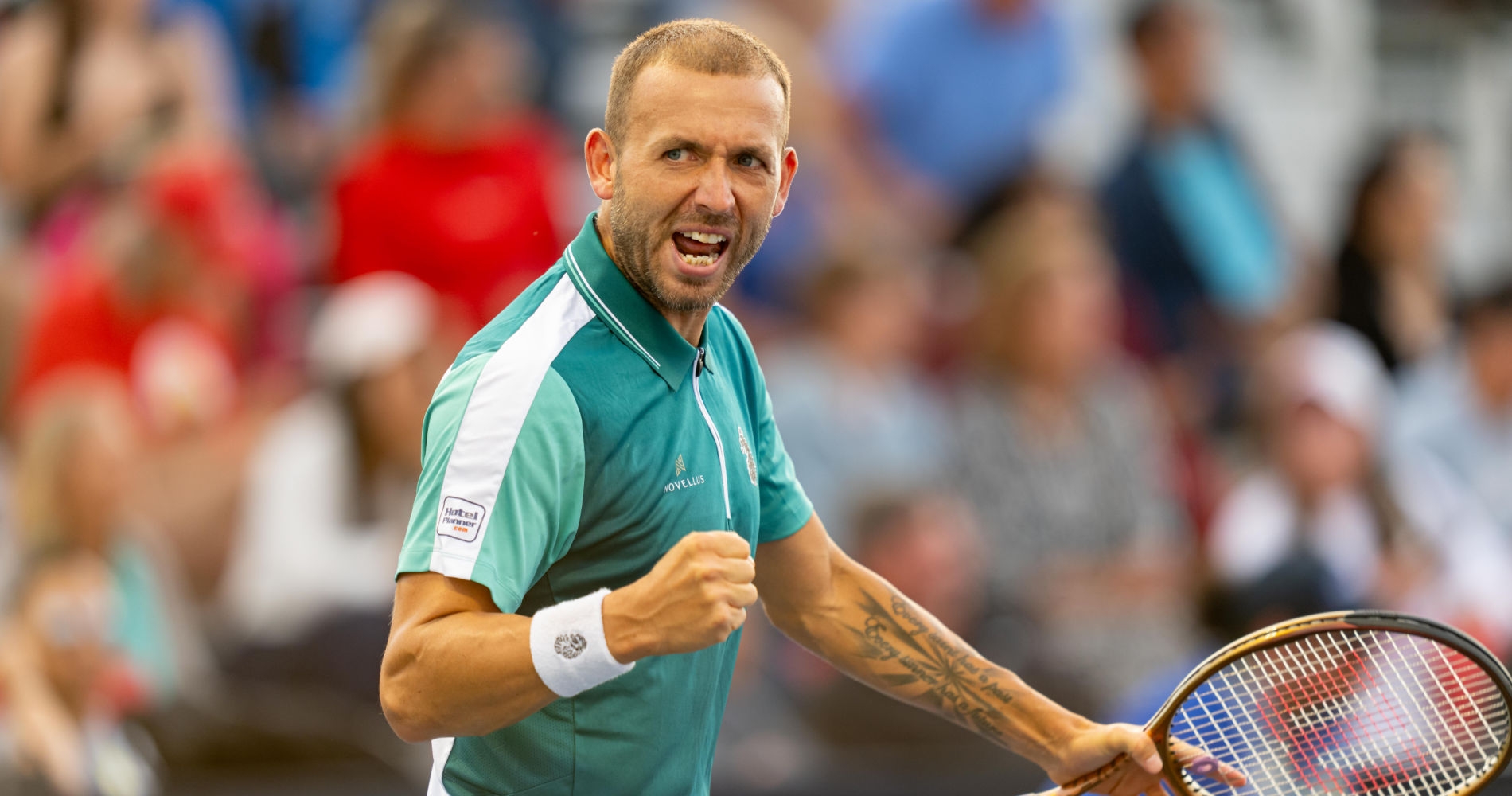
Rus found expectations too tough to handle early on
Arantxa Rus was a junior world No 1 and a girls’ champion in Australia. Much was expected of her, especially in the Netherlands, who’d been starved of success on the women’s side.
When she beat Kim Clijsters at the 2011 French Open, and Sam Stosur at Wimbledon, it seemed like she was on the right track, with the potential to go deep at Grand Slams.
Instead, she struggled to cope with the expectations and has now lost 19 of her last 20 Grand Slam matches. And even though in 2023 she broke into the world’s top 50 for the first time, she found out the hard way that winning a slam, or going deep, is incredibly difficult.
“I wasn’t used to losing a lot of matches, so when I started to lose, I didn’t understand how to deal with it, I guess also because I was still young,” she said.
“You have a lot of expectations, you read a lot of things about you and then suddenly it goes the other way. It’s tough. You feel like it’s the end of the world back then.
“It’s not, because life is more than that. But at that point, it’s like a big thing. If you make everything more simple, maybe things would have gone differently.”
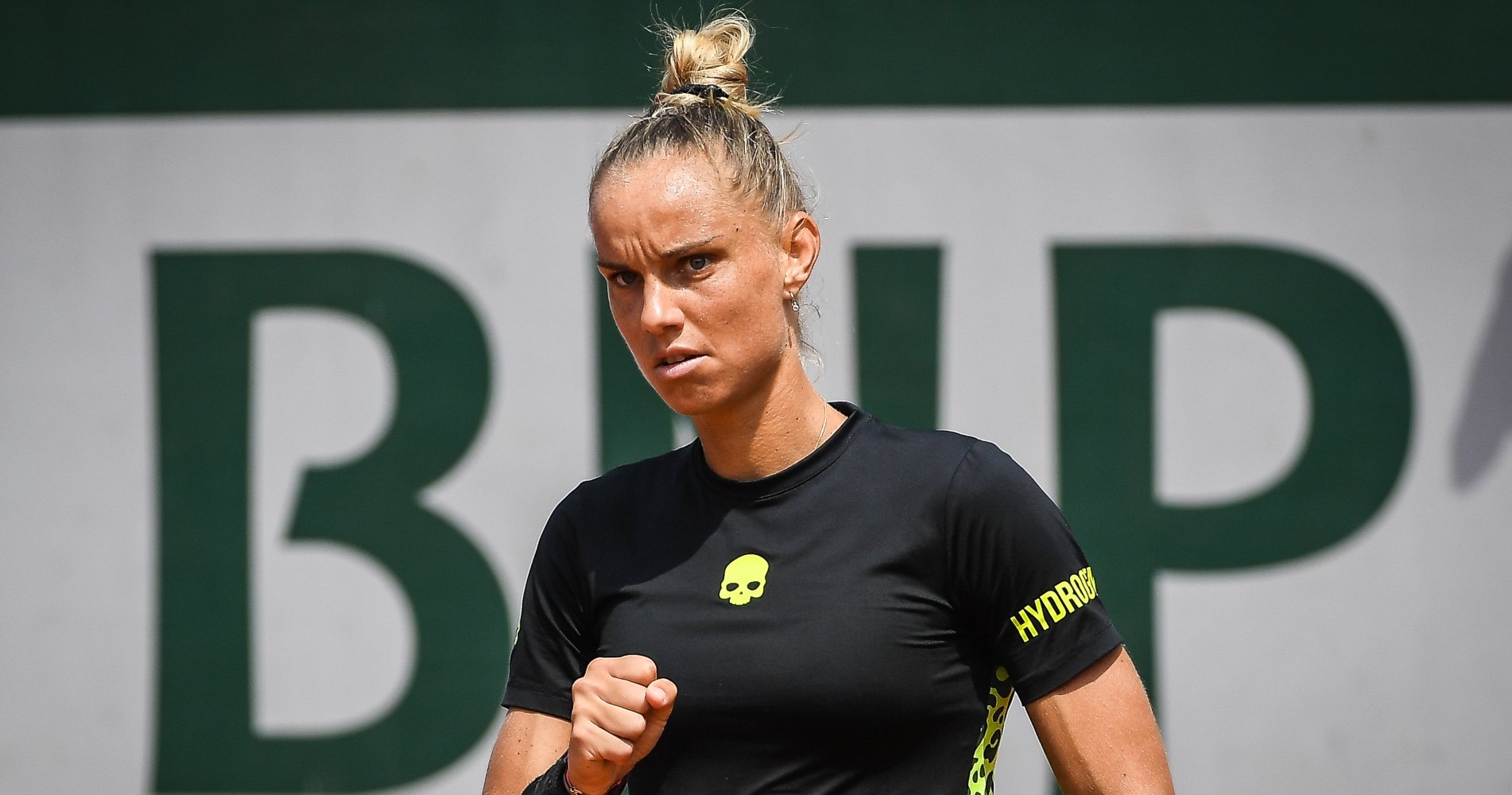
Grand Slams and ATP/WTA a world apart for some
For a lot of players, getting into the Grand Slams is a reward for their efforts on the ATP or WTA Tours throughout the season. The Grand Slams may offer ultimate glory and the chance to shine on a big stage, with eyes on them, but the Tours are their bread and butter.
In a piece I wrote for The New York Times in 2018, Frenchman Jeremy Chardy drew a clear distinction between the slams and the Tours.
“When you see that it’s difficult and not everybody can be top 10 or win a Grand Slam, you start to have a different goal,” Chardy said. “For everybody it’s different; you enjoy to play, you want to win smaller tournaments.”
Put another way, the Tours is the day job, the slams are a shot to nothing. Sometimes they might pull off a shock win and get plenty of attention, boosting their profile and perhaps bringing in a new sponsor, but it’s a fleeting success. After, they return to the Tours and go about their business. If they’re lucky, they might even win a title.
Big three and Williams sisters have not helped
It has not helped, of course, that the men’s game has been dominated by three men over the past two decades, each of whom has won at least 20 Grand Slam titles. Even those who would probably have been good enough to win a slam in a different era have seen their paths blocked.
On the women’s side, while the slam titles have been shared more widely, between 1999 and 2017, Serena Williams still won 23 of them and Venus Williams picked up seven, which equates to 30 percent of the total in that time.
Frances Tiafoe has already gone deep in a Grand Slam event, reaching the semi-finals at the US Open last year. The American has the game to go all the way and believes there are more chances to break through now that Federer is retired and Nadal is in the last throws of his career, even if Djokovic is still strong and Carlos Alcaraz is the new star in town.
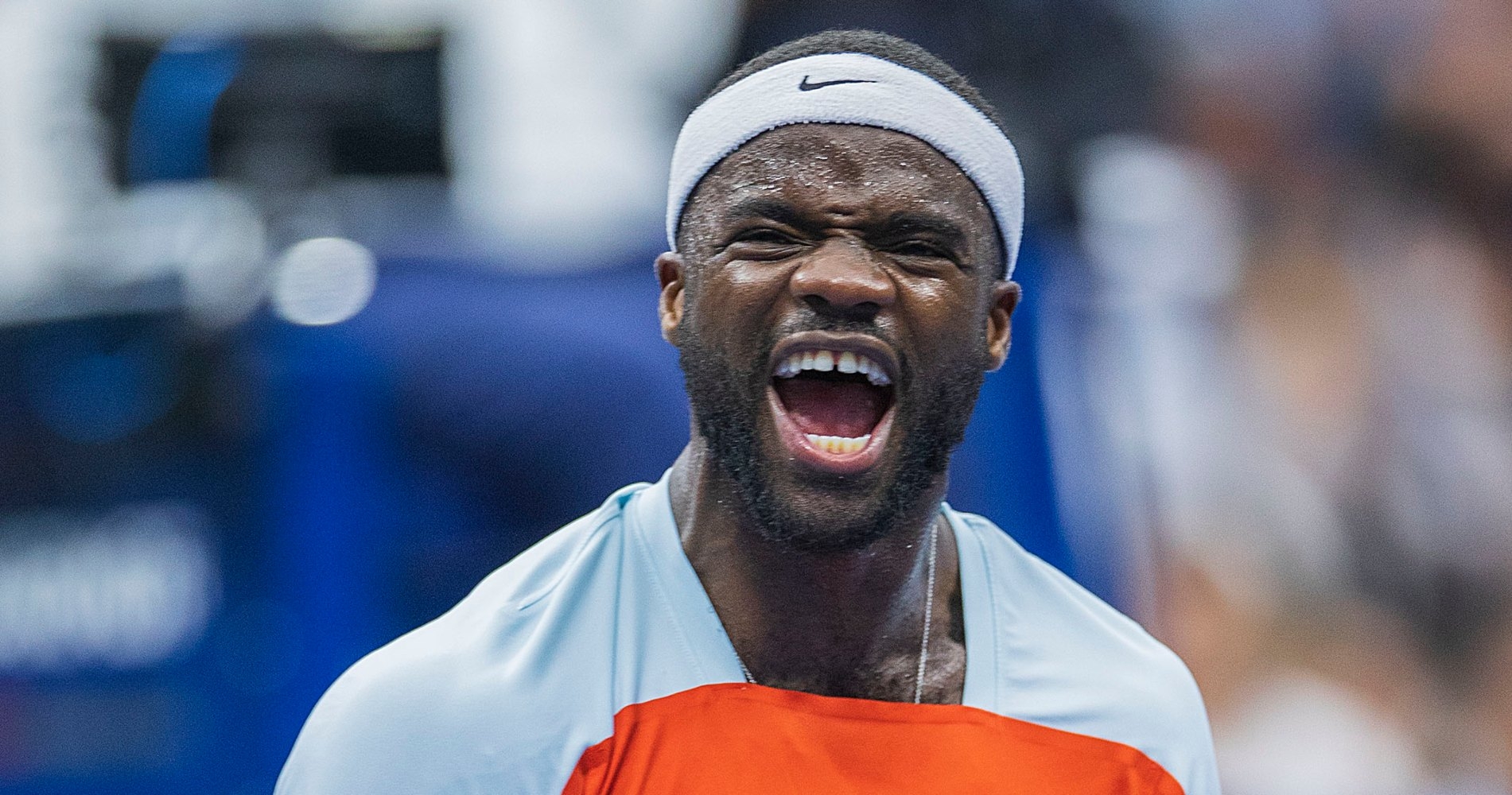
“It’s funny, I actually had this conversation with Gaël (Monfils) a couple of weeks ago,” Tiafoe said. “He was like, ‘Man, Frances, man, if I was your age, my career would have been so different, da, da, da’.
“He said: ‘I would go quarter-finals of slams, Man, I have to play Rafa at the French, I guess I’m done. I have to play Federer at Wimbledon, I guess I’m done. He was like, Y’all’s era is way better, da, da, da.
“I mean, my first quarter-final in Australia, I played Rafa. I was like: This is a tall order. But now, it’s definitely much more open. A lot of these guys, playing in the top 10 or whatever, that are ahead of me, other than Nole, we’re all the same age.
“I grew up with a lot of these guys. I’ve played them since I was 12 years old. A little different circumstance. The game is changing. Changing of the guard, for sure. The game is in a little different place. A little different dynamic. I’m happy to be in this era, for sure.”
Surprise champions do happen
Of course, there are surprise champions. Think Gustavo Kuerten, who came out of nowhere, relatively, to win the French Open for the first time in 1997. Or Emma Raducanu, who came through qualifying to win the US Open in 2021.
But both those players were young, still confident they had the game to do well even if no one knew them yet. As players’ careers progress, they find their level, realise what’s possible and generally accept it. Sometimes, when they accept their lot, they then find a way to achieve their goals anyway, just like Andy Murray, who famously said that it was only once he realised that if he never won a Grand Slam – and that was OK as long as he did everything he possibly could to do so – that he freed his mind and went on to win three.
Tennis players, though, are also good at deluding themselves and many will continue to tell you they think they can win a Grand Slam. In their heart of hearts, most probably know it’s extremely unlikely, but if it keeps them going, what’s the harm?



